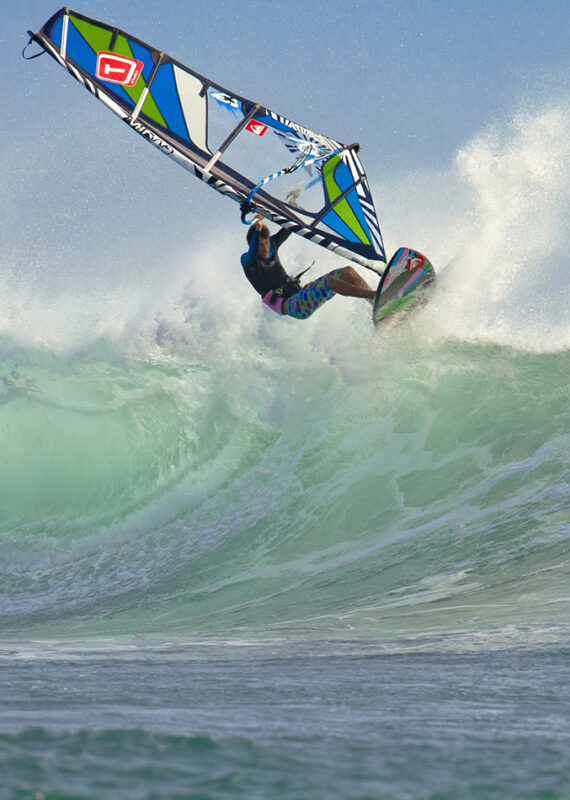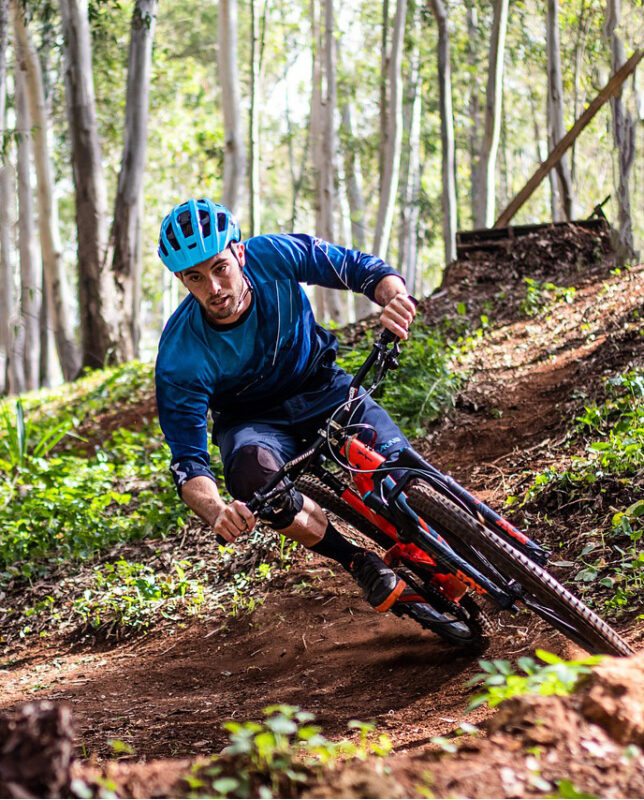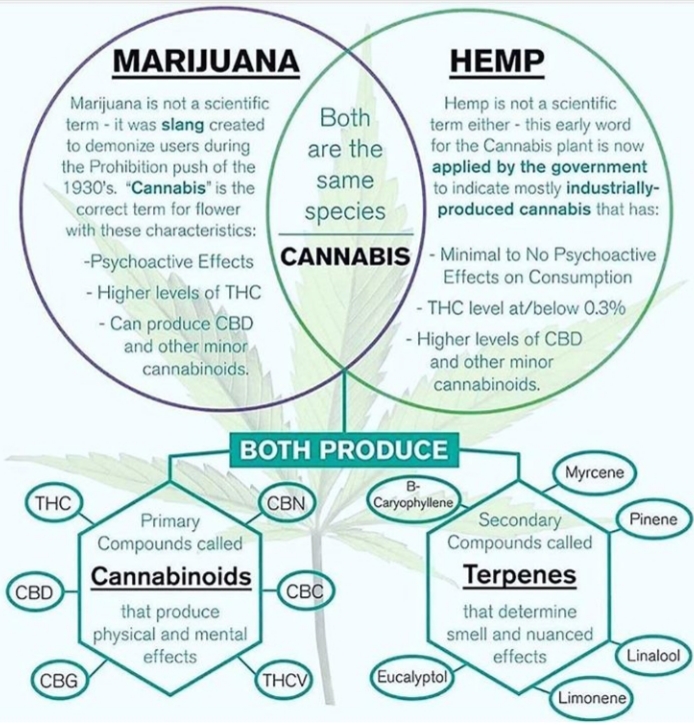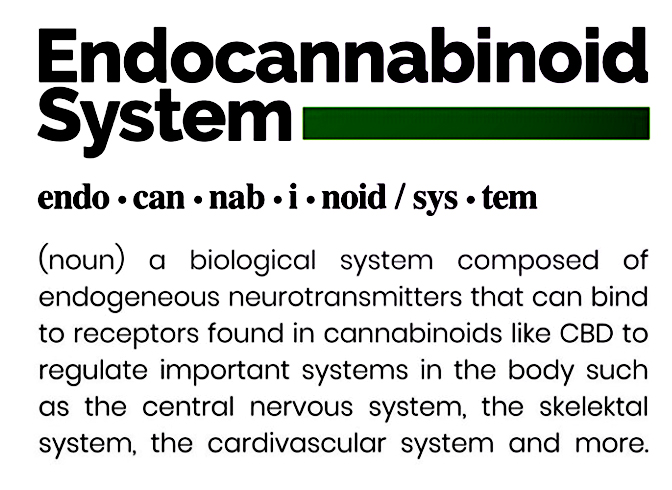Learn about CBD and CBD Products
In our LEARN section, you will find information on CBD itself and also information no other retailers will tell you: the "business" of CBD.
One thing pretty much all the research and CBD user studies will tell you: The effects of CBD are unique for everyone.
From dosing amount, to how long it takes to feel some effects, to which effects you may feel, and how strongly, your response to CBD will be unique. Your response may also change slightly from day to day or even within the same day. You may have different results taking CBD in the morning than in the afternoon or evening.
What is similar is that many people are seeking CBD products to provide a "drug" free alternative to a large number of physical and emotional wellness issues in their lives.



FDA REGULATIONS ON CBD AND WHAT CBD COMPANIES CAN SAY
The US Food and Drug Administration currently prohibits all manufacturers of CBD products from making any claims about their ability to treat specific health conditions. Health claims are only permitted where approved by the FDA and based on accepted clinical trials. Because CBD is relatively new to the market, the lengthy clinical trial period is still in process.
We wish we could share more because we’re very excited about what our products can do. We hear stories from people all over the country who share how our products have changed their lives.


The BIG SECRET no one else is telling you...
In advertising and word of mouth, it is more and more common to hear CBD products spoken of as a natural alternative to "medicine". We all know that medicines tend to be expensive, yes?
SoCal Farmz has been involved in all phases of the CBD business, so we know the costs involved with each phase of product creation.
Sure, the CBD business has some risks that are not present in multitudes of other business, and it makes sense that some of this "risk factor" be built into the price of CBD products. Also, some of the remaining legal classifications make advertising CBD products more difficult than other product types.
In general, this requires advertising budgets to be higher for CBD products.
The question we now put forth is: Do CBD products really need to cost the public as much as they do?
Our mission is to provide CBD based products for EVERYONE.
Many people can't afford to pay $120 for a 30ml ( one oz ) bottle of 1500mg CBD hemp oil.
What do most CBD companies do? They charge way more than required to make a reasonable profit margin, and then offer "gimmick" sales on an almost daily basis. Still, their "gimmick sale" prices are much higher than they have to be.
Working on the assumption that all CBD products of the same type ( Full Spectrum, or Distillates, or Isolates ) contain more or less the same ingredients, then comparing pricing is very simple.
All you need to do is compare the mg/$ of whatever type of CBD the product contains.
Example: A one oz ( 30ml ) bottle of Full Spectrum Hemp Oil that contains 1200mg CBD is being sold for $100. You as the customer would be receiving 1200mg CBD/$100 = 12mg CBD per dollar spent.
In performing a pricing comparison of the Top 10 rated CBD companies in 2020, the average number of mg CBD/$ product retail price for a one ounce ( 30ml ) bottle of hemp oil is 16.3 mg CBD/dollar spent.
The mg CBD/ dollar retail price for SoCal Farmz one ounce bottle of hemp oil is 48 mg CBD/dollar spent.
Based on trials on a large number of people comparing SoCal Farmz products to our competitors, we strongly believe SoCal Farmz offers the highest quality products on the market.
We define "highest quality" as the most effective in producing results. We don't skimp on quality to achieve a price that gives our customers almost 3x the amount of CBD for the price as our competitors.
We offer Mercedes quality at Volkswagen pricing.





The remainder of our LEARN page will be broken down into 2 sections:
1) A discussion on the difference between CBD Full Spectrum, Distillate, and Isolate. ( For Techie types )
2) Some "Meme" type teaching aids - a picture is worth a thousand words.

The different forms of retail CBD
CBD is normally sold to the public in 3 forms: Full Spectrum, Distillate, and Isolate.
There is not 100% agreement across the CBD industry as to the benfits and drawbacks of the 3 CBD forms. We will give our opinion, based on scientific studies, years in the industry, from growing, to processing, to wholesale, and retail. Note that there are a multitude of variations on how hemp is processed into CBD. We will discuss the most common methods.
FULL SPECTRUM
Full Spectrum CBD is the form of CBD which undergoes the least amount of processing. CBD plants are bred to contain maximum CBD and minimum THC. The "hemp" is grown to maturity, harvested, dried, and then undergoes a processing step to separate cannabinoids, terpenes, and flavinoids from the hemp plants. The most common processing (extraction) methods use either CO2 or Ethanol to pull the desired components from hemp. Hydrocarbon extraction is less widely used than it used to be, but still some labs like that method.
The goal of extraction is to end up with all the "raw good stuff", while leaving as much of the unwanted plant materials behind. With either CO2 or Ethanol extraction, post-extraction material will contain waxes, fats, and chlorophyll. These unwanted items are filtered off using a method called winterization. In much of the newer extraction equipment, the "goodies" are pulled out of the hemp at very low termperatures, so the winterization is accomplished during the extraction phase.
Once the material is winterized, it goes through the final step of decarboxylation. Decarboxylation is a chemical reaction to heat that removes a carboxyl group and releases carbon dioxide. It changes the CBDa to CBD. There are some retailers who sell the raw CBDa products or a mixture of CBDa and CBD products. Research is ongoing to determine the relative benefits of each. Note that in the THC world, THCa is non-psychotropic, which means it doesn't get you "high". In Full Spectrum CBD there is normally a small amount of THC. The Federal legal limit of THC in CBD products is 0.3% THC by weight. This is not enough THC to get the vast majority of people "high", but there is significant research and trial data to show that there are additional benefits to CBD with having a low level of THC present in the material. Having "all" the compounds present in an extracted, winterized, and decaroxylated material, enables the user to experience what is often called the "Entourage Effect". This means the user receives the full benefit of all the natural material of the plant. The vast majority of people agree that Full Spectrum, which supplies the Entourge Effect gives the best results. Nature knows best.
Once the Cannabinoids, terpenes, and flavinoids are the major remaining compounds, the Full Spectrum material can be used to produce any of the available CBD products. The extracted material is called Full Spectrum since it has all original and desired plant components. We (and many others) have found Full Spectrum material to provide the user with the most complete and effective user experience. Whether in hemp oil, gummies, gel caps, dog treats, etc., we would recommend Full Spectrum. The one downside to using Full Spectrum is that if you are someone who is drug tested for your work or sport, you may test positive for THC.
DISTILLATE (AKA BROAD SPECTRUM)
Distillate (also known as Broad Spectrum) is basically Full Spectrum with 1 additional process step. This is typically a 2 phase "short path" process. The short path process typically separates out the terpenes, unwanted plant products, the flavinoids, and some of the cannabinoids. The result is a clearer material, that is mostly devoid of terpenes and flavinoids. This can produce a somewhat more concentrated CBD, since some weight is removed from the original Full Spectrum material, with the terpenes and flavinoids being separated out at a much higher percentage than cannabinoids.
If Full Spectrum is more effective for most people, why would anyone purchase Distillate CBD products?
One of the reasons is taste. Here's an a example: Most people that purchase Full Spectrum oils prefer the flavored and sweetened versions. If taking the Full Spectrum hemp oil in a "raw" and unflavored state, for oils that have concentrations over around 500mg CBD / oz, the cannabinoid taste will begin to be noticeable and will become stronger as the oils are more concentrated. With Distillate based oils, the cannabinoid taste is low even with fairly strong CBD concentrations.
Another reason people may prefer CBD Distillate products is that some manufacturers produce material that is very low in THC. In some product types it can be close to "ND" or "non-dectectable". So if you're concerned about passing a drug test, but still want multiple cannabinoids in your CBD products, Distillate could be an option. PLEASE NOTE: A Distillate product may still have traces of THC, so it is not a guarantee that if you use this product, you will pass any and all drug tests for THC.
ISOLATE
Isolate takes the process one step further. Through various lab techniques, all the other cannabinoids and almost everything else is stripped away, leaving only CBD. For this material, there will be very little taste. Also, this is as close as you can get to a "guarantee" of passing a THC drug test.
Note that most retail Isolates are at least 99% CBD. Many are above 99.5%. Since potency accuracy in even the best test labs is around +/- 3%, a retailer claiming their Isolate is the best because it's 99.9%, may receive a different purity result at a different test lab, or even at the same lab running a test with the same equipment.
There are some retail companies that sell only Isolate products. One final "plus" that these companies claim is that with Isolate, in addition to being close to tasteless and will pass almost every THC drug test, the user can have more control of their doses. Since the only thing in the material is CBD, you will know fairly accurately how much CBD you introduce into your system with every dose.
CBD Isolate was very popular in 2018 and 2019. In mid-2019 it became widely agreed in the industry that the benefits of CBD Isolate products were less than the other available choices.
What is the Endocannabinoid System?
The Endocannabinoid system, named after the plant that led to it's discovery in 1992 in Israel, is perhaps the most important physiologic system involved in establishing and maintaining human health. Endocannabinoids and their receptors are found throughout the body: in the brain, organs, connective tissues, glands, and immune cells. In each tissue, the cannabinoid system performs different tasks, but the goal is always the same: homeostasis, the maintenance of a stable internal environment despite fluctuations in the external environment.


